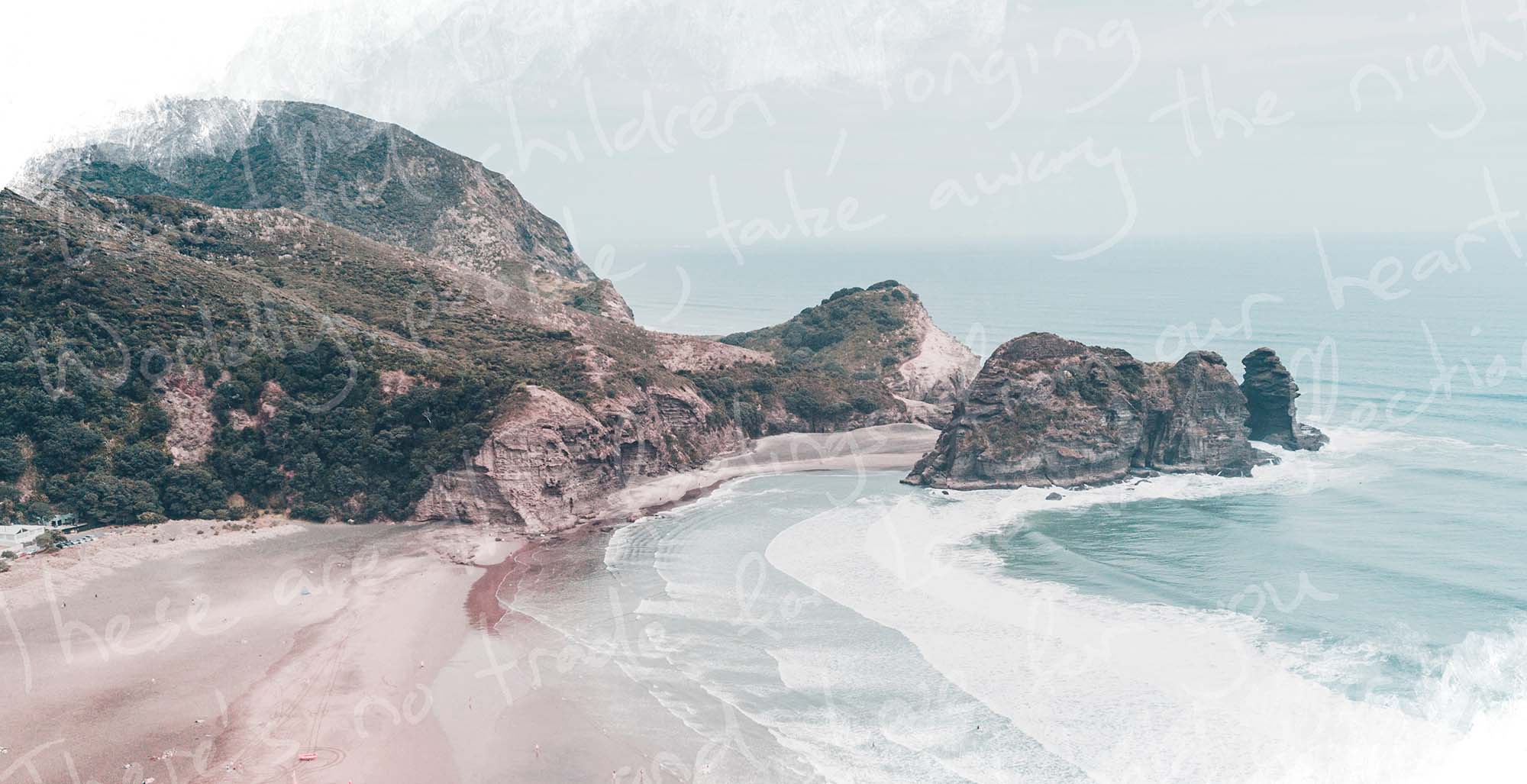3. Conclusion Whakatepenga
988. More than a hundred survivors of the unit and other witnesses spoke to the Royal Commission during the course of our investigation. Time and time again we heard and read of tamariki running away. They never got far. No one ever asked why they were running, or what they were running from.
989. This inquiry did ask. We heard that they were sent to the unit for treatment but instead many were subjected to torture and tūkino including serious sexual, physical, emotional and psychological abuse. Survivors’ cultures were ignored. Disabled survivors were not recognised or cared for. They were not believed when they tried to tell what was happening to them. Instead they were neglected, threatened, degraded and humiliated.
990. The children and young people at the unit were out of sight, many miles away from whānau and friends. They and their whānau suffered incalculable, lifelong tūkino or harm at the hands of so-called professionals. For Māori survivors and their Whānau, the tūkino, abuse, harm and trauma was compounded by the ongoing effects of colonisation and settlement.
991. The enduring abuse inflicted upon them and succeeding generations of their whānau, hapu, iwi, support networks and communities has been magnified over the past four and a half decades by the failure of numerous State agencies to fully investigate their claims. As a result, the State institutions whose flawed systems enabled the abuse and failed to prevent it have not properly acknowledged their responsibility. They have not held individual perpetrators to account and they have not provided puretumu torowhānui, holistic redress, and neither has it been provided in a timely manner.
992. The themes and findings in this report reflect broader systemic issues that we are continuing to investigate across all settings. These will come together in our recommendations for change in the final report.
993. It is wrong that no one has ever been found accountable and that survivors are still waiting for justice. The story of the Lake Alice Child and Adolescent unit is a shameful chapter in the history of Aotearoa New Zealand, which must be faced head-on without excuses or explanations, but with a determination to accept the injustice, make proper amends and ensure this tragedy never happens again.

